Education for all
1 April 2025
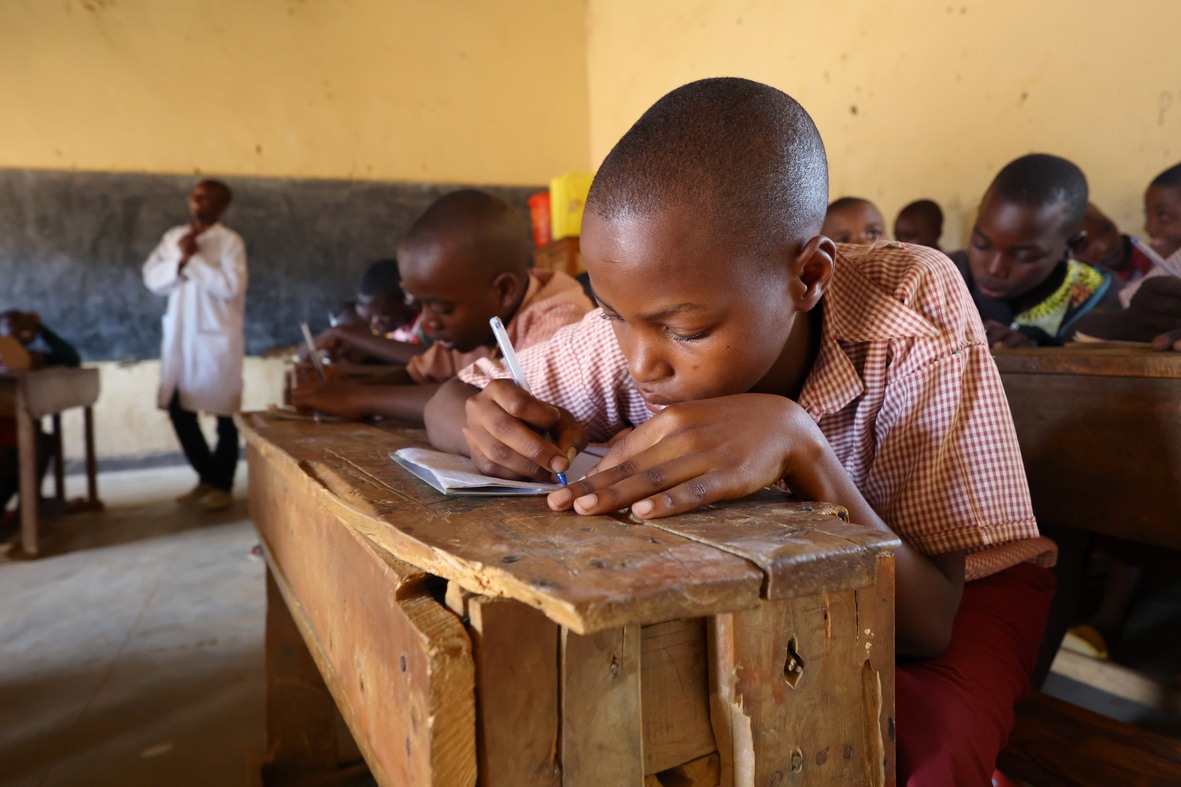
Education is the foundation for a better future, but in the poorest parts of the world the most vulnerable people are often excluded. We believe education is for all, and we won’t give up until everyone is included.
Education is a fundamental human right and plays an important role in breaking down the cycle of poverty. But progress towards universal education is still reeling from the impacts of COVID-19 – and the forecast for the future remains bleak. UNESCO predicts that by 2030, 84 million children and youth will still be out of school, with the majority in sub-Saharan Africa.
To tackle this fundamental issue, SCIAF is working in some of the world’s poorest places to break down the barriers that keep young people out of school, while improving access to skills and vocational training for those who have been dealt a tough start in life.
Malawi
Over the past few years in Malawi, projects such as ‘Hope for Youth’ have been working with young people, offering skills training in areas such as carpentry, electrical engineering and welding.
This professional learning has allowed more than 700 graduates to go off and gain work and start small businesses in their local areas – some crafting bespoke products such as doors and window frames; others working as electricians, safely re-wiring houses and attending to the needs of their community.
Zambia
In Zambia, we have helped train pupils and teachers at primary and secondary schools to become ‘gender champions’. Together, these 'champions’ raise awareness about girls and women’s rights and discuss challenges around girl's school attendance and early marriage. Attitudes of pupils and parents are changing fast, supporting girls to stay in school and complete their education!
We have also been working with adults in rural communities to provide literacy and numeracy classes. In total, 520 people have been attending these with many now able write their names, as well as read, write and do basic numeracy.
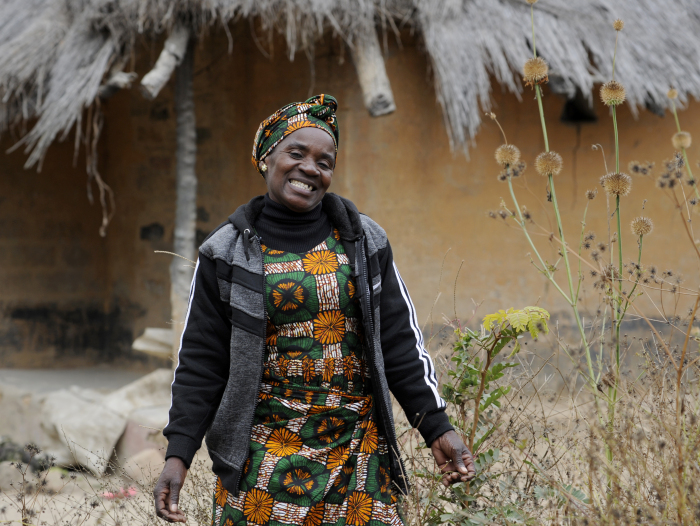
Emeldah from Zambia
Emeldah Tambule (50) is a widow with four children. Before the Kumena project, life was very difficult.
"SCIAF taught me how to read and write. I couldn’t sign my name before, it was tough. But now I also teach literacy to other women."
"Today, we can read and count, we are strong and shining. We are standing on our own feet!"
South Sudan
South Sudan has one of the highest proportions of out of school children in the world. In the southwest of the country, we’re working on this issue with local partners to provide better access to mainstream education for children and young people with disabilities.
We are working with 32 schools to promote inclusive education, training teachers, providing uniforms and equipment such as braille, wheelchairs and canes, and for some schools supporting infrastructure like toilets and ramps. We have a particular focus on enabling female students.
Today, 400 children with disabilities now head to school each morning to learn, make friends, and open their minds to a whole new world of opportunity and learning.
Education is Hope
SCIAF’s work on education is built on the Christian virtue of hope: that we will triumph in the most difficult or impossible circumstances; that each of us can make a difference in the world; and that the courage which hope offers us will sustain us on the journey to a more just world.
As Pope Francis reminds us “education is always an act of hope that, from the present, looks to the future.”
We educate in hope of a brighter future. And we won’t give up until everyone is included.
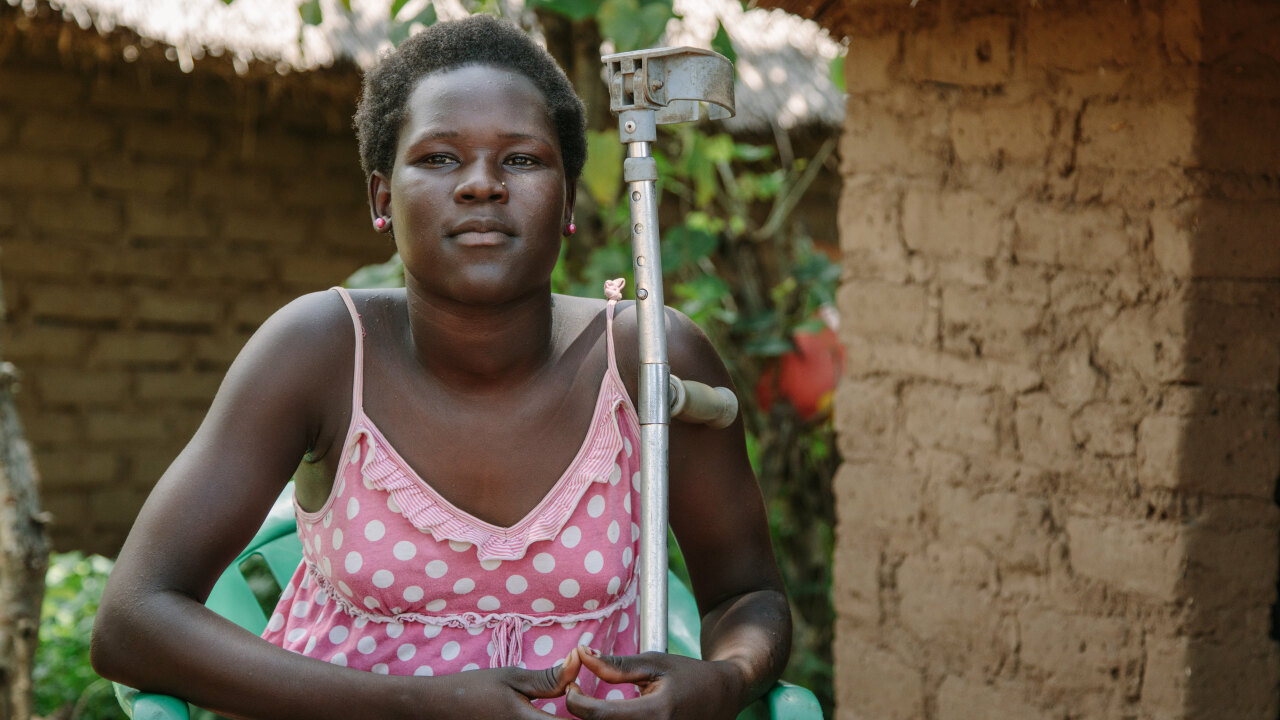
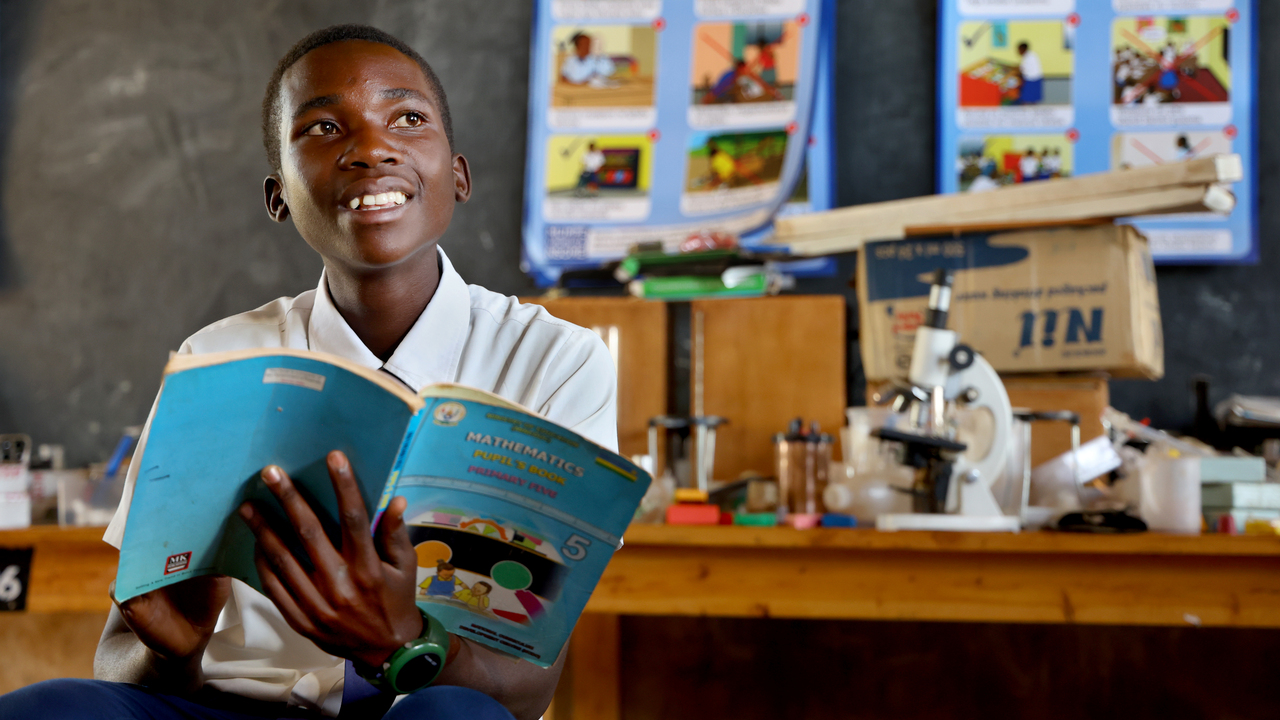
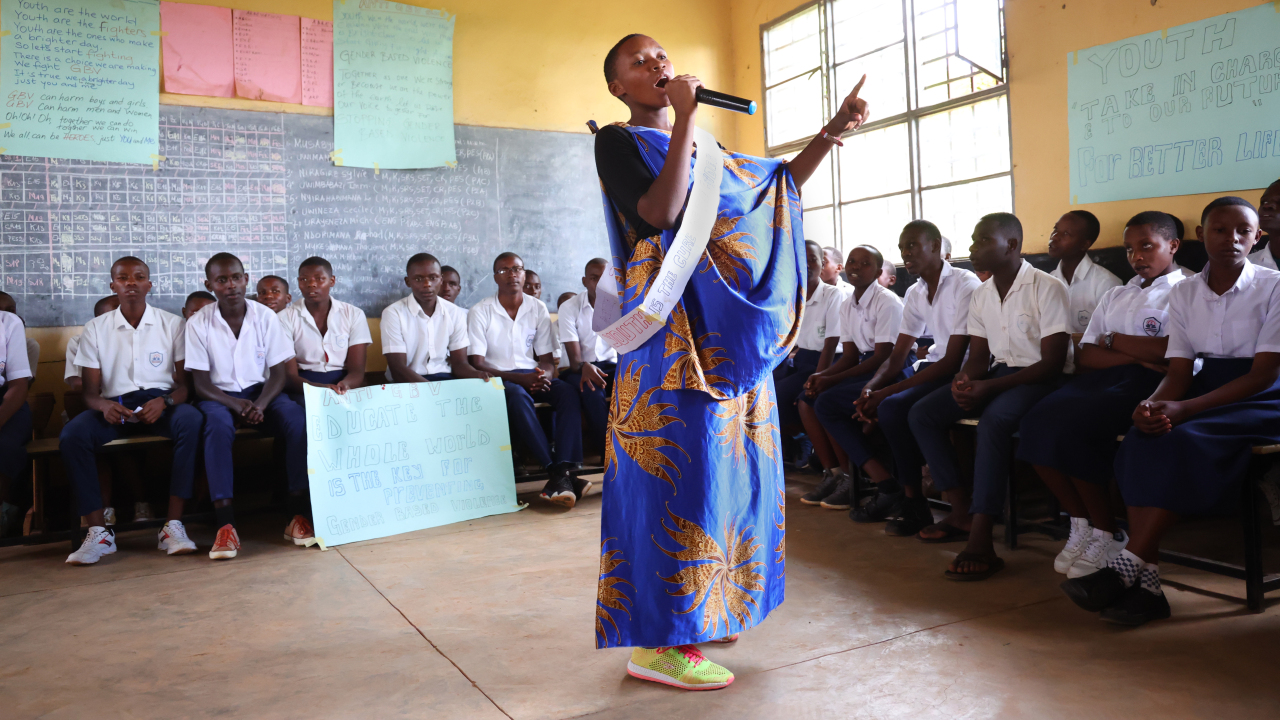
Previous
Back to